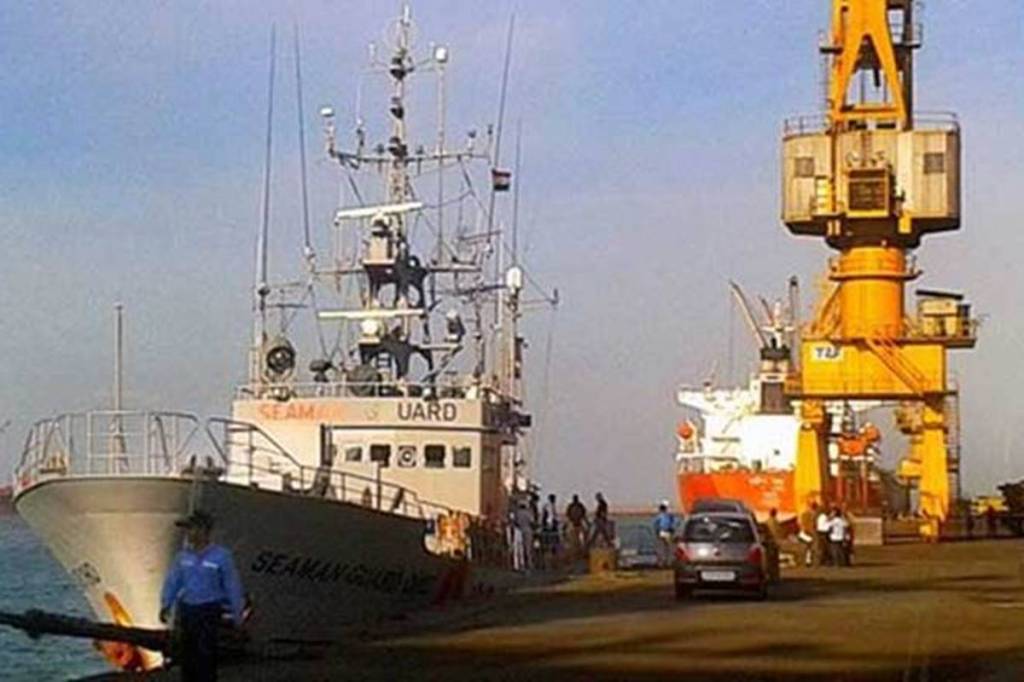The Inland Vessels Bill 2021 was passed by the Parliament recently, which aims to replace over 100-year old Inland Vessels Act of 1917 as well as usher in a new era in the inland water transport sector. The bill also aims to fulfill the Modi government’s vision to make the Legislative framework more user-friendly as well as promote ease of doing business. Union Minister of Ports, Shipping & Waterways, Sarbananda Sonowal moved the bill in Rajya Sabha recently. The Inland Vessels Bill 2021 will now be sent to the President for assent. According to the ministry, it will allow harmonized and effective inland vessels’ regulation and also their seamless and safe navigation. Take a look at some of the major benefits of the new Act:
- Uniform applicability of guidelines or safe, seamless and economical transportation as well as trade by utilizing inland waterways
- Standards’ prescribing for categorization and classification of mechanically propelled vessels, standards as well as processes that are involved in vessel registration; standards for identification along with categorization of vessels that belong to special category, etc. by the Centre. Also, provisions’ implementation in compliance with the prescribed standards by States.
- Preserving the authorities’ statuses set up by the respective governments of states and thereby make sure provisions’ effective administration, of the proposed legislation
- Offers an e-portal or central data base system for registration or crew database, thereby imbibing Digital India’s spirit
- Stipulating higher standards in order to ensure navigation safety, life and cargo protection, providing for healthier trade practices, prevention of environmental pollution, transparency and accountability of administrative mechanism, the constitution of the welfare fund, training as well as the development of skilled and efficient workforce
- Covers future developments as well as technological advancements in the construction and usage of vessels
- Provisions introduced regarding Wreck and Salvage. The state government will appoint the Receiver of Wreck.
- Provisions were introduced regarding principles of liability as well as limitation of liability. The concept of insurance was improvised and expanded to ensure secure trade as well as trade practices.
- Provisions related to casualties and investigation have been improvised
- Ease of compliance for the service provider as well as service users
- The state government is given a platform to regulate non-mechanically propelled vessels’ unregulated sector


